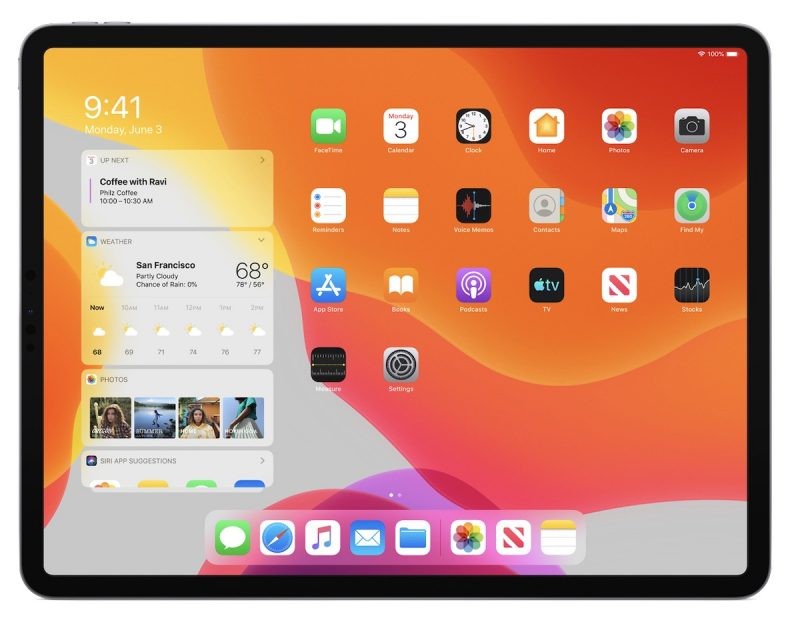Apple and Google both have announced that they have been working on a system to track the spread of coronavirus and will allow users to share data through Bluetooth Low Energy transmissions and approved apps from health organisations.
The system would use short-range Bluetooth communications to establish voluntary contact-tracing network. It will keep extensive data on phones that have been in close proximity with each other. Apps from public health authorities will be able to get access to this data.
It is said that the app will also alerts users who has downloaded the app if they were in close contact to an infected person. Both Apple and Google will be launching iOS And Android APIs in mid-May so that health apps can implement them.


While contact tracing, which helps figure out who an infected person has been in contact with, is one of the most promising solutions, it also raises massive privacy related concerns about the digital surveillance technology.
Recently, the American Civil Liberties Union (ACLU) raised concerns about tracking users with phone data and argued that any system would need to be limited in scope and avoid compromising user privacy. However, the companies have detailed the process to play down the privacy concerns.
The companies claim that Bluetooth wouldn’t track people’s physical location and it broadcasts an anonymous key rather than a static identity to preserve privacy. They also add that the central servers only maintain the database of shared keys, rather than the interactions between those keys.
The system is relatively new and Google and Apple are still in talks with public health authorities and other stakeholders about using it. Even if it starts operating, there are still some practical challenges. It would need significant adoption and broad willingness to share Covid-19 infection information to work.

